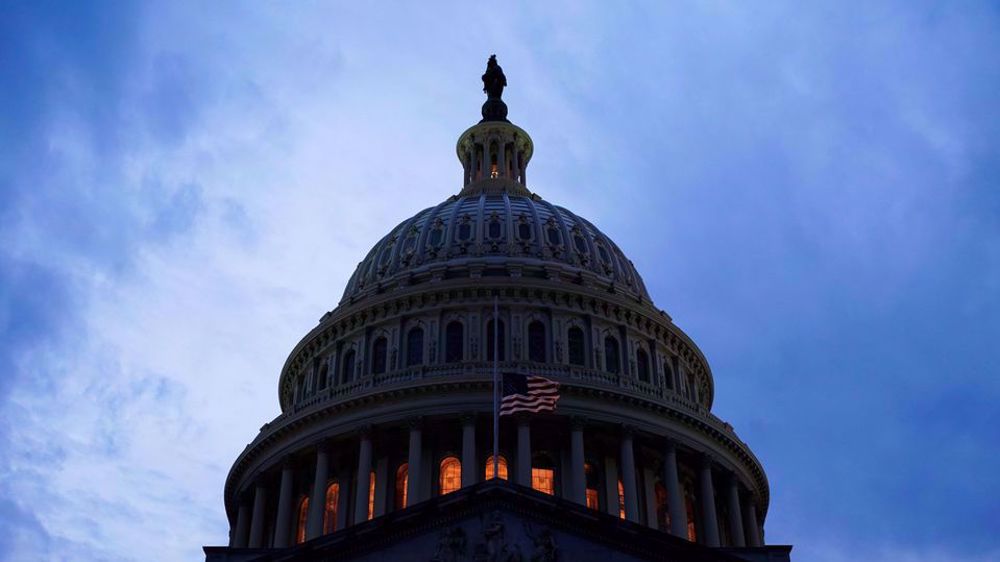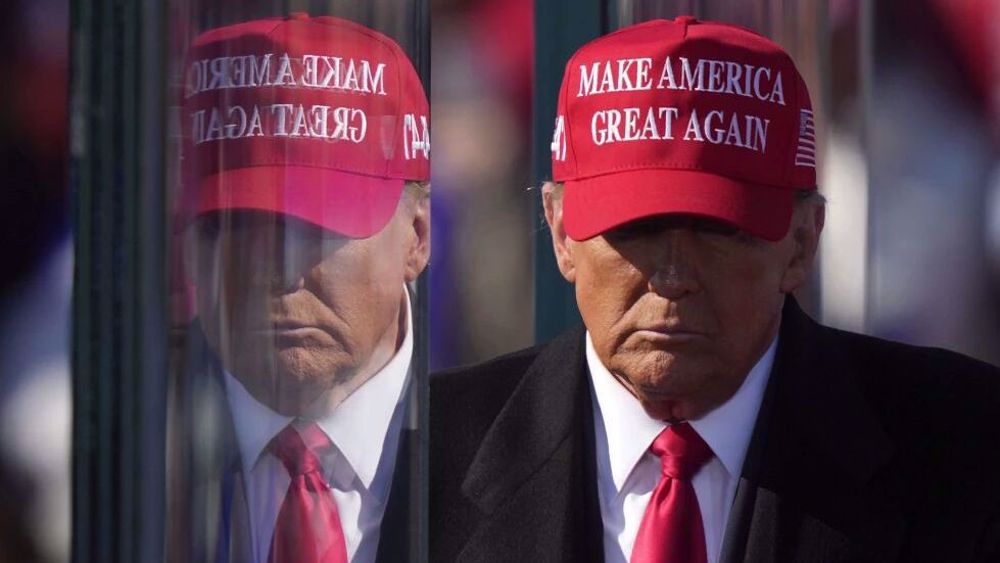US Senate advances toward raising debt limit to $31.4 trillion
The US Senate moved toward a vote on Tuesday to raise the federal government's debt limit by $2.5 trillion to about $31.4 trillion and forward the measure to the House of Representatives to avoid an unprecedented default.
The vote follows a months-long standoff between Democrats and Republicans, with the latter seeking to force President Joe Biden's party to raise the debt limit from a current $28.9 trillion on its own, generating fodder for attack ads during the 2022 midterm election cycle.
A deal between Democratic Senate Majority Leader Chuck Schumer and his Republican counterpart, Mitch McConnell, last week set the stage for Tuesday's vote, bypassing normal Senate rules requiring at least 60 of the chamber's 100 members to agree on most legislation.
In an early afternoon procedural vote, the Senate moved along party lines to begin debate before the vote on passage, which was expected to take place as early as 4 p.m. (2100 GMT).
The House will also need to approve the bill before sending it to Biden for his signature.
Schumer said the increase would take borrowing into 2023, through next year's Nov. 8 midterm elections, which will determine control of Congress.
US Treasury Secretary Janet Yellen had urged Congress to hike the debt limit before Wednesday.
The increase is needed in part to cover debt incurred during Republican Donald Trump's presidency, when the debt rose by about $7.85 trillion, partly through sweeping tax cuts and spending to fight the COVID-19 pandemic.
Republicans, who oppose the debt ceiling increase and control half of the Senate's 100 seats, have tried to link the vote to Biden's $1.75 trillion "Build Back Better" bill to bolster the social safety net and fight climate change.
"Later today, every Senate Democrat is going to vote along party lines to raise our nation's debt limit by trillions of dollars. If they jam through another reckless taxing and spending spree, this massive debt increase will just be the beginning," McConnell said in a speech in the chamber.
Under the unusual deal worked out by Schumer and McConnell, and approved by both chambers last week, the 48 Senate Democrats and two independents who caucus with them are likely to raise the debt ceiling on their own. Vice President Kamala Harris can provide a tie-breaking vote if one is needed.
"This is about paying debt accumulated by both parties, so I'm pleased Republicans and Democrats came together to facilitate a process that has made addressing the debt ceiling possible," Schumer said on the Senate floor.
The debt ceiling fight and another self-created crisis, passing a bill to continue to fund the government through February, occupied much of Congress' time this month, and members in both chambers are now eager to begin long holiday breaks.
Votes to lift the country's debt ceiling have taken place on a regular basis since World War One. But some lawmakers in recent years have grown squeamish at such legislation, fearing voter backlash.
Senate Finance Committee Chairman Ron Wyden told reporters on Tuesday that he would push to eliminate the borrowing limit to avoid future political stand-offs over the recurring need to increase it.
(Source: Reuters)
VIDEO | Intl. Day for the Elimination of Violence against Women: A stark reminder of Gaza women
Australia denies ex-Israeli minister Shaked visa
VIDEO | 85% of Yemeni displaced people face daily hunger crisis
US House passes bill targeting charities and pro-Palestine groups
VIDEO | Supporting Gaza genocide
Hezbollah attacks Israeli forces after Lebanese homes blown up
World leaders, states hail ICC arrest warrants for Netanyahu, Gallant
MP: US accountable for possible Israeli 'foolishness' to attack Iraq










 This makes it easy to access the Press TV website
This makes it easy to access the Press TV website